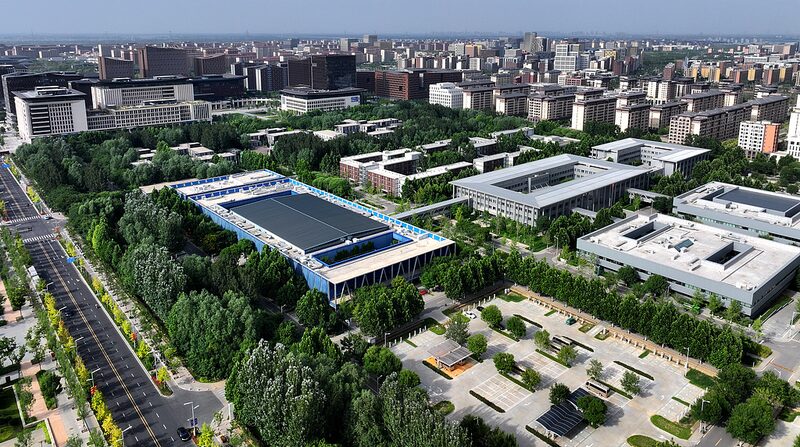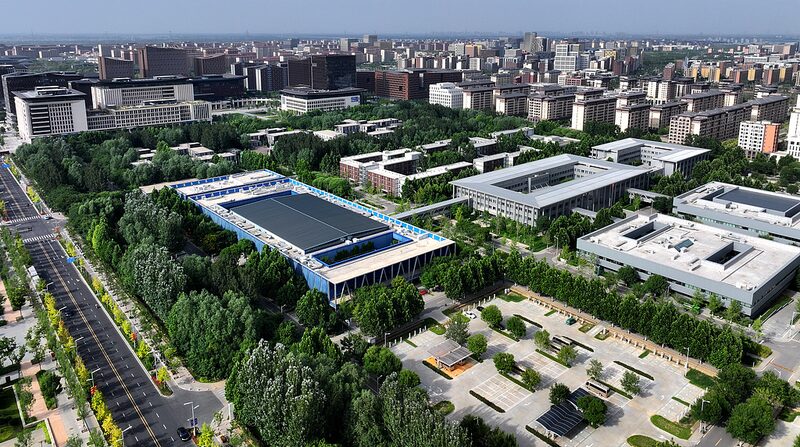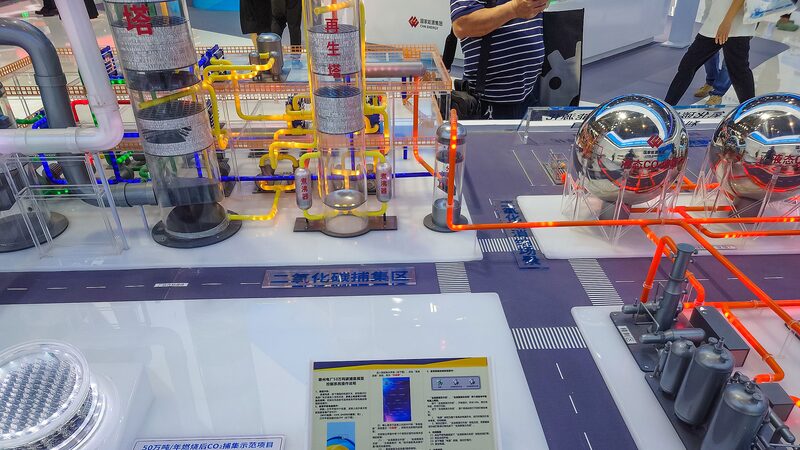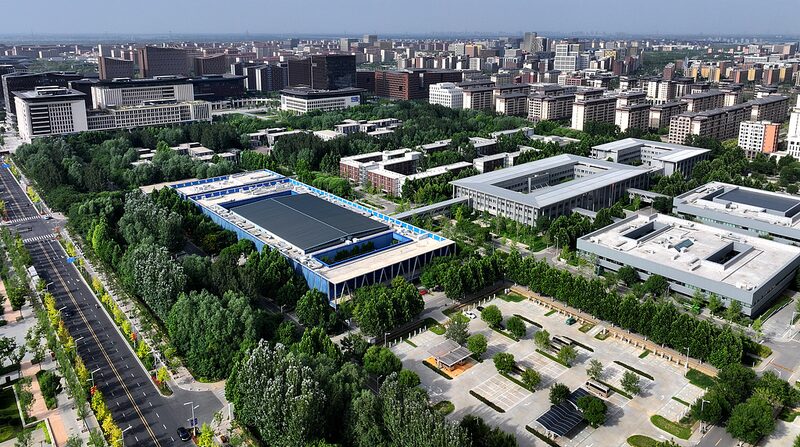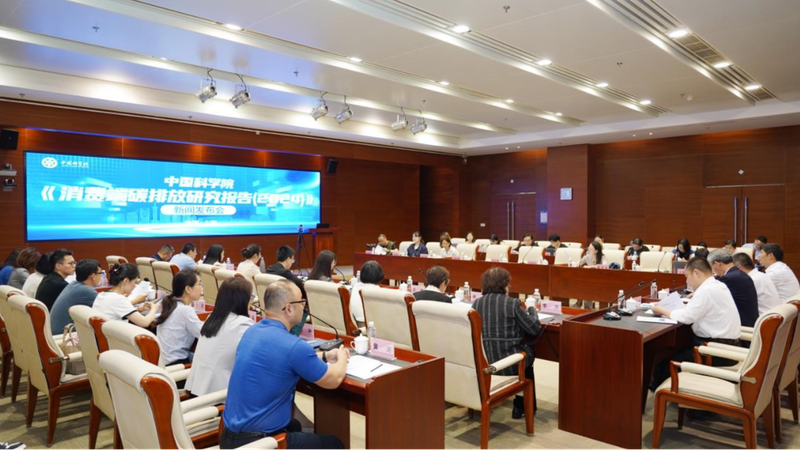Scientists at the University of Cambridge have made a groundbreaking advancement in sustainable construction materials by developing a method to produce zero-emission cement. This innovative approach could significantly reduce the carbon footprint of the construction industry, particularly in rapidly developing regions such as Asia.
Cement production is known for its high carbon emissions, accounting for more than three times the emissions of global air travel. The traditional process releases substantial amounts of CO2, primarily due to the calcination of limestone and the combustion of fossil fuels. With the construction boom in many Asian countries fueling a growing demand for cement, finding an eco-friendly alternative is crucial for meeting climate goals.
In a world first, the Cambridge team has demonstrated that cement can be recycled without the steep environmental costs associated with conventional production methods. By adapting an existing steel manufacturing process, they have pioneered a technique that recycles cement in a way that eliminates CO2 emissions.
Julian Allwood, co-author of the research published in the journal Nature, expressed optimism about the potential impact of this discovery. “It is an extremely exciting project,” he said. “I think it’s going to have a huge impact.” Allwood, an expert on industrial emissions and a contributor to United Nations climate reports, emphasized the scalability and cost-effectiveness of the new method.
The implications for Asia are significant. As home to some of the fastest-growing economies, the region’s construction industry is expanding at an unprecedented rate. Adopting zero-emission cement could help Asian countries meet their infrastructure needs while aligning with international commitments to reduce greenhouse gas emissions.
This development also opens doors for business professionals and investors seeking sustainable opportunities in the Asian market. The potential for widespread adoption of zero-emission cement presents new avenues for investment in green technologies and construction practices.
Moreover, academics and researchers focused on sustainable development may find this breakthrough a rich area for further study, particularly in its application within Asian contexts. The advancement not only addresses environmental concerns but also contributes to the global effort against climate change.
As the world moves towards more sustainable practices, innovations like zero-emission cement are essential. The Cambridge scientists’ pioneering work offers a promising solution to one of the construction industry’s most pressing challenges, with the potential to make a lasting positive impact on both the environment and the economy.
Reference(s):
cgtn.com

